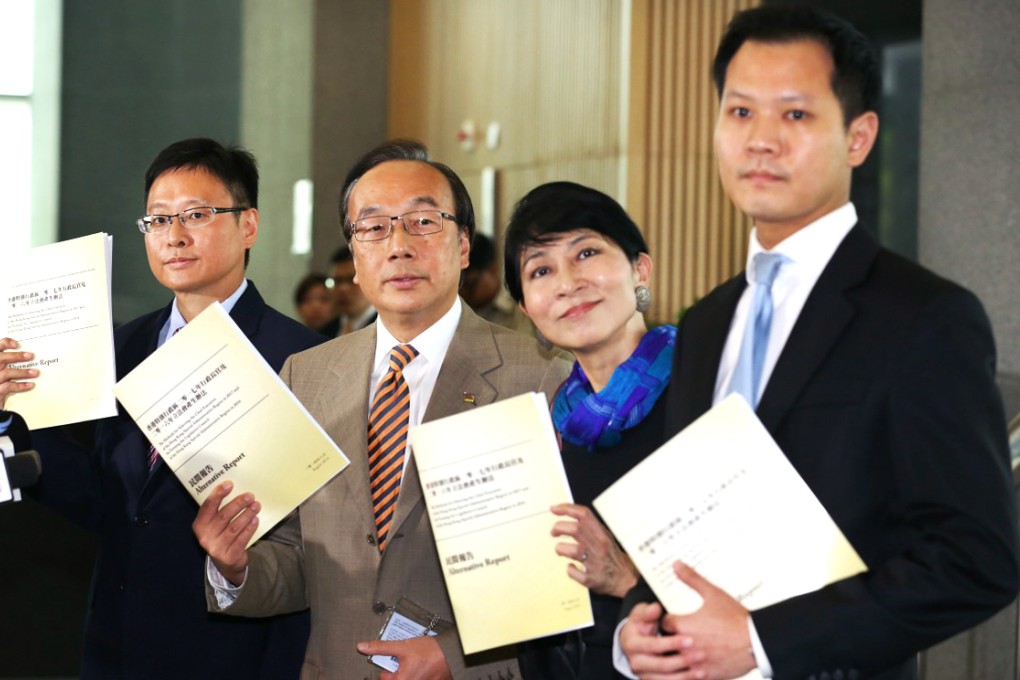2017 chief executive must be a 'staunch patriot' Zhang Xiaoming tells pan-dems
Dialogue between Beijing's top representative in Hong Kong and pan-democratic lawmakers yesterday was 'far more frank than expected'.

Dialogue between Beijing's top representative in Hong Kong and pan-democratic lawmakers yesterday was "far more frank than expected" but both sides remain poles apart on the city's political reform.
A source familiar with the matter said this yesterday after Zhang Xiaoming, director of the central government's liaison office in Hong Kong, met representatives of the Civic Party and the Labour Party.
The source said Zhang noted the fact that the Alliance in Support of Patriotic Democratic Movements in China - whose platform includes "end one-party dictatorship"- was allowed to operate in Hong Kong showed Beijing's tolerance.
He also pointed out that lawmakers returned under the city's electoral systems came from a "wide political spectrum".
But he told Labour Party lawmakers that the chief executive to be chosen by universal suffrage in 2017 must be a "staunch patriot" and anyone openly calling for an end to "one-party dictatorship" could not run for the job.
Democrats have insisted there must be no screening mechanism to eliminate candidates Beijing does not like.